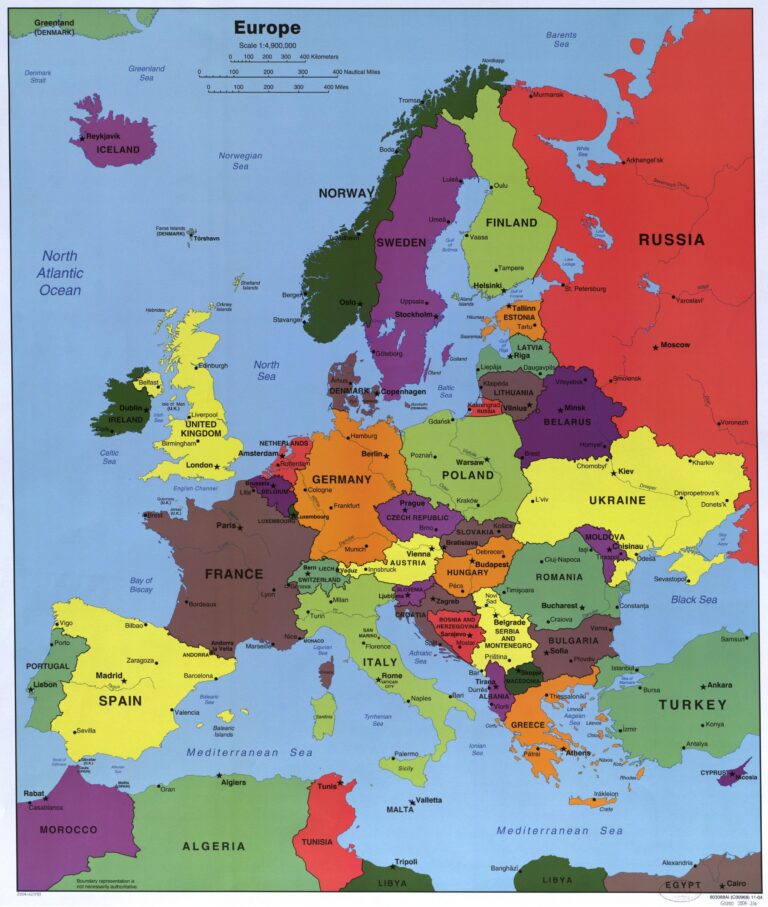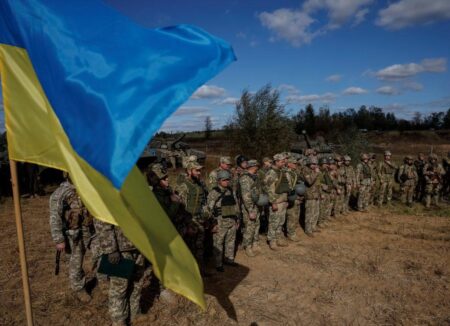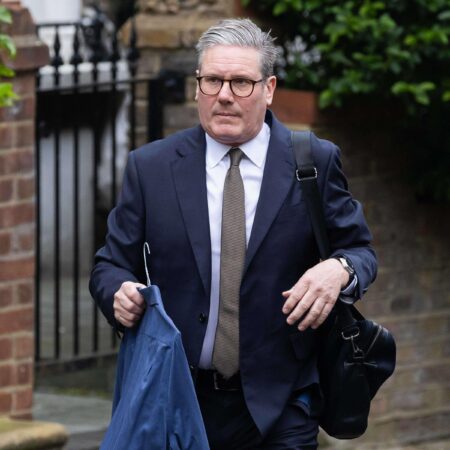Considering the intensifying situation in Ukraine, a significant divide has surfaced between Europe and the United States, complicating their collective response to the ongoing crisis. As each region navigates its own political dynamics and strategic priorities, initiatives are being launched to mend this rift through constructive dialog. This article delves into the complexities of transatlantic relations during this tumultuous period, highlighting how diplomatic efforts aim to realign shared objectives and restore collaboration amidst uncertainty. By examining their differing viewpoints on support for Ukraine, we illuminate both the challenges and opportunities that lie ahead for these two continents.
diplomatic Initiatives Between Europe and the united States on Ukraine
Recent discussions aimed at establishing common ground regarding the Ukraine crisis have seen European and American leaders striving to reconcile their differences through meaningful dialogue.While both parties remain dedicated to upholding Ukraine’s sovereignty, they face contrasting strategies that reflect their individual geopolitical interests. These diplomatic engagements have involved high-level meetings, proposal exchanges, and a renewed emphasis on multilateral cooperation. key players stress that unity is essential in formulating a cohesive strategy that maintains pressure on Russia while addressing various regional security issues.
the ongoing negotiations underscore the importance of dialogue among NATO allies concerning military support as well as humanitarian assistance.Critical conversations have centered around:
- Sanction Strategies: Harmonizing economic measures against Russia for maximum impact.
- Military Support: Assessing what types and volumes of aid should be extended to Ukraine.
- Humanitarian Assistance: Coordinating efforts to aid displaced individuals affected by the conflict.
As tensions continue to influence international relations, both Europe and America acknowledge that maintaining open lines of communication is vital. The proposal for a permanent diplomatic forum has emerged as a means to facilitate ongoing discussions—allowing leaders from both sides to collaboratively address emerging challenges while reinforcing transatlantic bonds in response to evolving threats.
Understanding Transatlantic Relations in Context of ukraine
The united States alongside European nations continues grappling wiht divergent approaches toward resolving the conflict in Ukraine—a scenario creating intricate diplomatic negotiations. U.S officials advocate for an assertive military presence coupled with sustained support for Ukrainian defense efforts; conversely, European allies frequently enough express apprehensions about economic fallout along with potential escalation risks associated with heightened military involvement. This divergence necessitates critical dialogues among leaders focused on crafting a unified strategy addressing both humanitarian needs and strategic imperatives surrounding this crisis.
- Coordination of Military Aid: Ensuring effective delivery tailored specifically towards Ukrainian forces’ evolving requirements.
- Synchronized Sanctions: Aligning sanctions against Russia while carefully monitoring repercussions within European economies.
- Diplomatic Engagements: Pursuing direct communications with Russia aimed at exploring possible peace avenues.
Navigating these complexities presents an opportunity for fostering collaboration rather than contention between parties involved. Recent trends indicate an increasing recognition among U.S policymakers regarding European concerns—notably those related to energy security alongside migration issues arising from conflict-related displacements. To visually encapsulate current transatlantic relations’ state-of-play, refer below where key focus areas are summarized:
| Main Focus Area | U.S Approach | European Approach | |
|---|---|---|---|
| military Support | Increased arms shipments | Targeted training programs | |
| Sanctions | Complete economic restrictions | Sector-specific measures | |
| Diplomacy | Firm negotiation stance | Exploration of dialogue options   |
Strategies For Enhancing Cooperation Amidst Differences
Acknowledging varying responses towards addressing crises like those unfolding in Ukraine highlights how crucial it is foster trust-building initiatives between American & European partners alike . Establishing diverse communication channels can enhance mutual understanding regarding respective strategic priorities . Regular high-level meetings could include :
- Joint Strategic Forums : A platform enabling leaders discuss policy directions & ; emerging threats .
- Track II Diplomacy : Involving academic experts shaping progressive narratives.
- Military Coordination Sessions : Ensuring tactical operations align supporting shared objectives.
Additionally , developing unified approaches towards humanitarian assistance & ; sanction policies reinforces commitment common goals . By aligning actions closely together ,both sides can amplify negotiating power vis-Ă -vis Russia whilst providing extensive backing system Ukrainians facing adversity . Consider implementing following strategies :
| < strong>Strategy</ strong>< th>< strong>Objectives</ strong> | |
|---|---|
| < strong>Coordinated Sanctions</ strength></ t d>< ;/ t d>>& lt ;/ t d>>& lt ;/ t d>>& lt ;/ t d>>& lt ;/ t d>>& lt ;/ t d >& gt;<t h = "maximizing economic pressure" max = "on russia by synchronizing measures."& gt;<t h = "maximizing economic pressure" max = "on russia by synchronizing measures."& gt;<t h = "maximizing economic pressure" max = "on russia by synchronizing measures."& gt;<t h =" maximizing economic pressure" max ="on russia by synchronizing measures."& gt; | .. |
| joint Humanitarian InitiativesStreamline aid distribution efficiently supporting Ukrainian population. | |
| Data SharingEnhance intelligence capabilities regarding threats military movements. |



